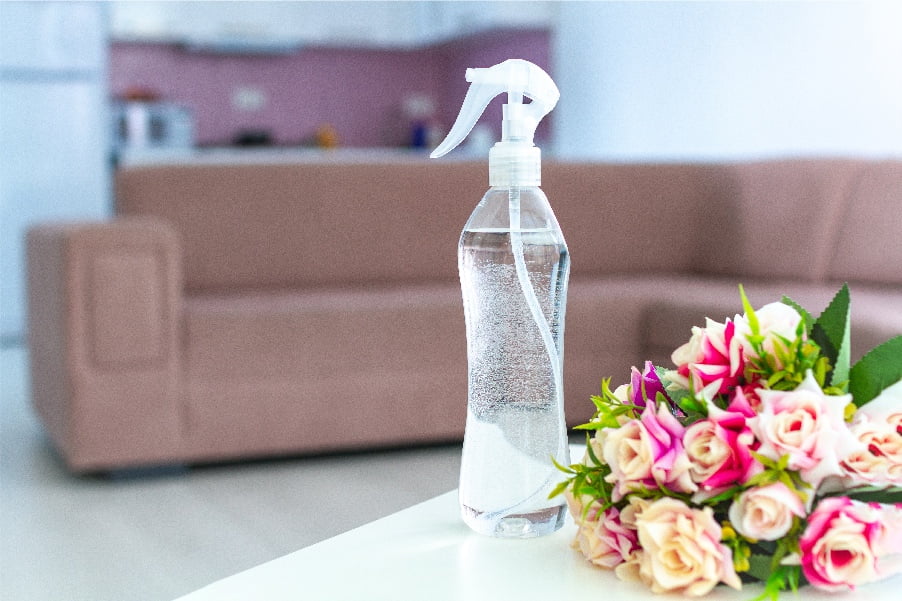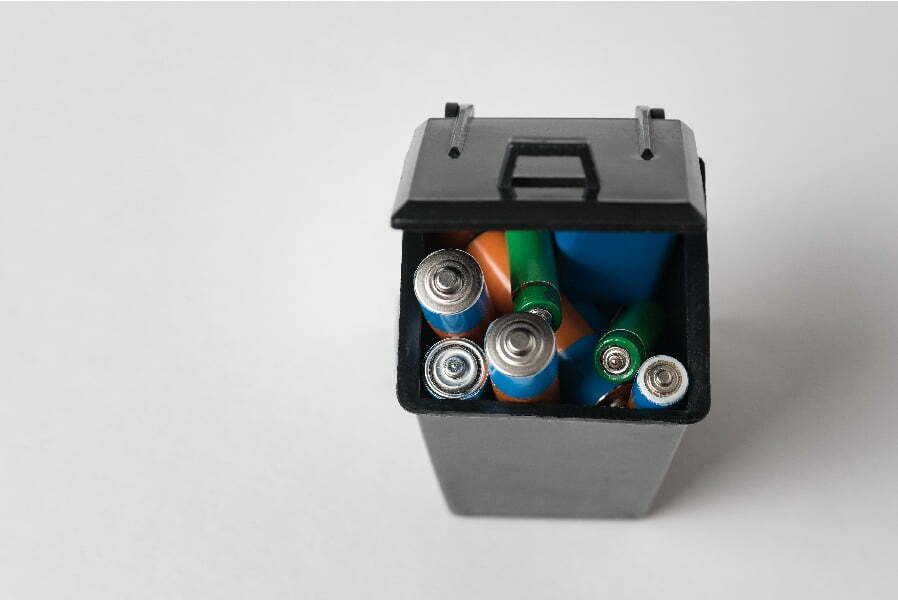Using air fresheners can negatively impact indoor air quality by releasing volatile organic compounds (VOCs) into the air, which can cause respiratory problems and other health issues.
Air fresheners are a popular way to make our homes smell better, but how does their use affect indoor air quality? In this blog post, we’ll explore the potential effects of air fresheners on indoor air quality and provide some tips for using them safely.
Chemical Composition of Air Fresheners

They typically contain a variety of chemicals, including fragrances, solvents, propellants, and preservatives. Fragrances are the main component of air fresheners and can be derived from natural sources such as essential oils or synthetic sources such as phthalates.
Solvents help dissolve the fragrance ingredients so they can be dispersed into the air more easily. Propellants help disperse the product into the air when it is sprayed or released from an aerosol container.
Preservatives are added to extend shelf life by preventing microbial growth in water-based products. The chemical composition of air fresheners can have an effect on indoor air quality because some of these chemicals may react with other substances present in the environment to form potentially hazardous compounds that could affect human health if inhaled over long periods of time.
For example, some fragrances may react with ozone present in indoor environments to form formaldehyde which is known to cause respiratory irritation and other health problems when inhaled at high concentrations for extended periods of time. Certain solvents used in air fresheners may also contribute to poor indoor air quality by releasing volatile organic compounds (VOCs) which can irritate eyes and throats when inhaled at high levels over long periods of time.
Health Risks Associated With Air Fresheners
While air fresheners can be effective at making a room smell better, they can also have negative effects on indoor air quality. The health risks associated with air fresheners include irritation of the eyes, nose, and throat; headaches; dizziness; asthma attacks; and even cancer.
The chemicals found in many air fresheners can cause eye, nose, and throat irritation when inhaled or touched directly. These chemicals may also trigger headaches or dizziness in some people.
Asthma sufferers may experience an asthma attack if exposed to certain fragrances from air fresheners for too long. Some studies suggest that exposure to certain chemicals found in these products could increase the risk of developing cancer over time.
It is important to note that not all air fresheners pose a health risk – those made with natural ingredients such as essential oils are generally considered safe for use indoors. However, it is still important to read labels carefully before purchasing any product so you know exactly what you’re bringing into your home or office space.
Impact On Indoor Air Quality
Air fresheners are designed to mask unpleasant odors, but they can also introduce potentially harmful chemicals into the air. These chemicals can react with other substances in the air, such as ozone and formaldehyde, to create new compounds that may be more hazardous than the original odor.
Some fragrances used in air fresheners contain volatile organic compounds (VOCs) which can cause respiratory irritation and other health problems when inhaled over long periods of time. Furthermore, many aerosol sprays contain propellants that are known to contribute to smog formation outdoors and may also affect indoor air quality if used indoors.
Overall, using an excessive amount of air fresheners or using them too frequently could lead to poor indoor air quality due to the release of potentially hazardous chemicals into the environment. It is important for people who use these products regularly to ensure that their homes are well-ventilated so that any airborne pollutants released by these products do not accumulate in high concentrations inside their homes.
Environmental Effects of Air Fresheners
While they may be effective at making a room smell better, their use can have negative environmental effects. Air fresheners often contain volatile organic compounds (VOCs) which are released into the air when the product is used.
These VOCs can react with other pollutants in the air to form ozone, a harmful gas that can cause respiratory problems and damage vegetation. Many air fresheners contain phthalates, chemicals linked to reproductive health issues such as infertility and birth defects.
The aerosol propellants found in some air fresheners also contribute to global warming by trapping heat in the atmosphere. When these products are disposed of improperly they can contaminate soil and water sources with hazardous chemicals.
Overall, while using an air freshener may make your home smell nice temporarily, it is important to consider its potential environmental impacts before doing so.
Effectiveness of Different Types of Air Fresheners
Different types of air fresheners have varying levels of effectiveness when it comes to improving the quality of indoor air. Some air fresheners, such as aerosol sprays, can be effective at quickly eliminating odors but may not last very long.
Other types of air fresheners, such as plug-in diffusers or reed diffusers, can provide a longer-lasting scent but may not be as effective at eliminating odors. Some air fresheners contain chemicals that can negatively affect indoor air quality if they are used too often or in large quantities.
It is important to consider the type and amount of an air freshener being used when assessing its effectiveness on improving indoor air quality.
Potential for Long-term Exposure to Chemicals in the Home Environment
Air fresheners are designed to mask unpleasant odors and create a pleasant scent in the home environment. However, many of these products contain volatile organic compounds (VOCs) that can be released into the air over time.
These VOCs can accumulate in the home and cause health problems if people are exposed to them for extended periods of time. Some air fresheners may also contain phthalates which have been linked to reproductive issues and other health concerns.
Therefore, it is important for people who use air fresheners regularly to consider potential long-term exposure risks associated with their use.
Safety Measures for Using Air Fresheners
Air fresheners contain chemicals that can affect indoor air quality if not used properly. To ensure safe use of air fresheners, it is important to follow the instructions on the product label and avoid over-spraying or leaving them in an area for too long.
It is best to keep air fresheners away from children and pets as they may be more sensitive to their effects. It is also recommended that you open windows or turn on fans while using air fresheners so that any fumes are quickly dispersed and do not linger in the room for too long.
Make sure you store all products containing fragrances out of reach of children and pets. By following these safety measures when using air fresheners, you can help protect your family’s health while still enjoying a pleasant smelling home environment.




